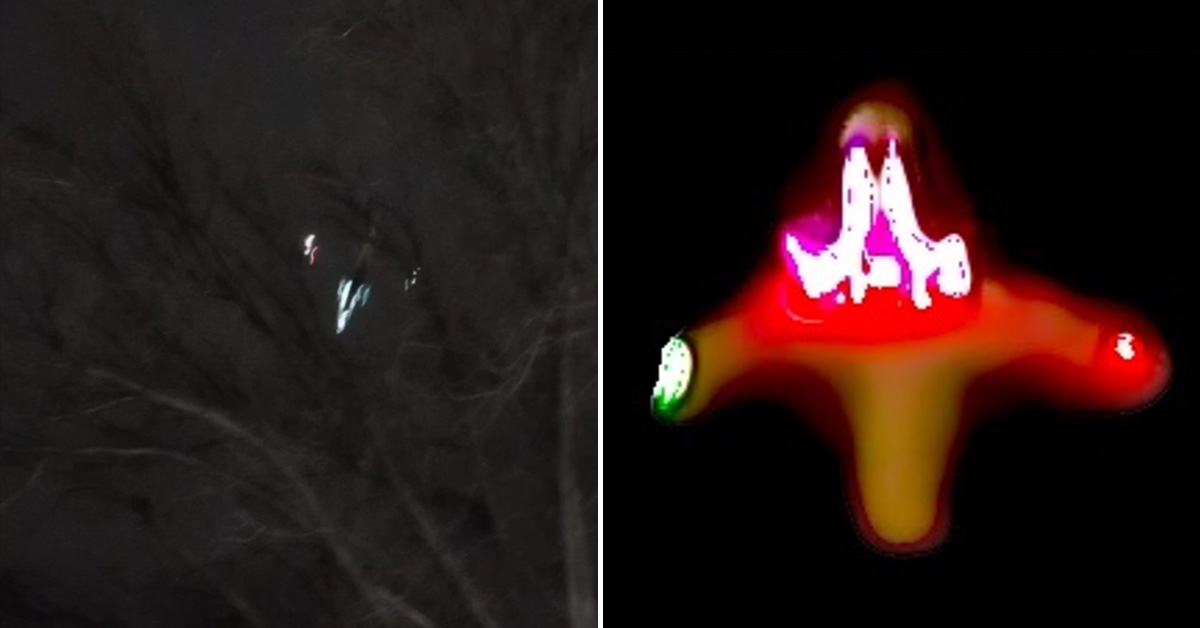Though most famed for disco, rock n' roll, and peace and love, man, there was much so more to the '70s than bell bottoms and green shaggy carpets.
From the biggest concert ever to the origins of the high five, here are 10 things we bet you didn't know about the 1970s.
1
Super Outbreak
“In 1974 there were so many tornado warnings in Indiana that forecasters couldn't keep up. In frustration, they ended up putting the entire state under a tornado warning. This was the first and only time this has ever happened.”
2
First IVF Baby
In 1978, Louise Brown — the first baby conceived using in vitro fertilization — was born in England. Now 46 years old, her birth was dubbed "the most remarkable medical breakthroughs of the 20th century.”
3
Shop ’Til You Drop
Though the internet wasn’t invented until 1983, inventor Michael Aldrich invented online shopping back in 1979.
4
The Right To Vote
The 26th Amendment changed the voting age to 18 from 21. Both proposed and ratified in 1971, the decision was spurred by the Vietnam War draft, in which-18 year-olds who could not vote were being sent off to war.
5
Gimee 5!
“It is generally accepted that the first real high five was done by Dusty Baker and Glenn Burke of the Los Angeles Dodgers baseball team on October 2, 1977.”
6
Free To Go
“Four high-school students in the ‘70s are the reason we no longer have pay toilets in America. They created an organization called CEPTIA, and were able to successfully lobby against the issue. 8 years later, pay toilets were all but nonexistent throughout the US.”
7
Big Babies
“In the 1970s Gerber attempted to market ‘adult baby food’ to college students and other young adults.”
8
Grateful Fans
“A Grateful Dead concert from 43 years ago still remains the largest ticketed concert in the United States. September 3, 1977, Englishtown, New Jersey 107,019 people.”
9
70s Bestseller
Despite his booming career, author Stephen King released several books under the name Richard Bachman throughout the late ‘70s and early ‘80s.
10
Digital Pics
“Kodak invented the digital camera in 1975 but hid the invention because they feared it would jeopardize photographic film sales.”













